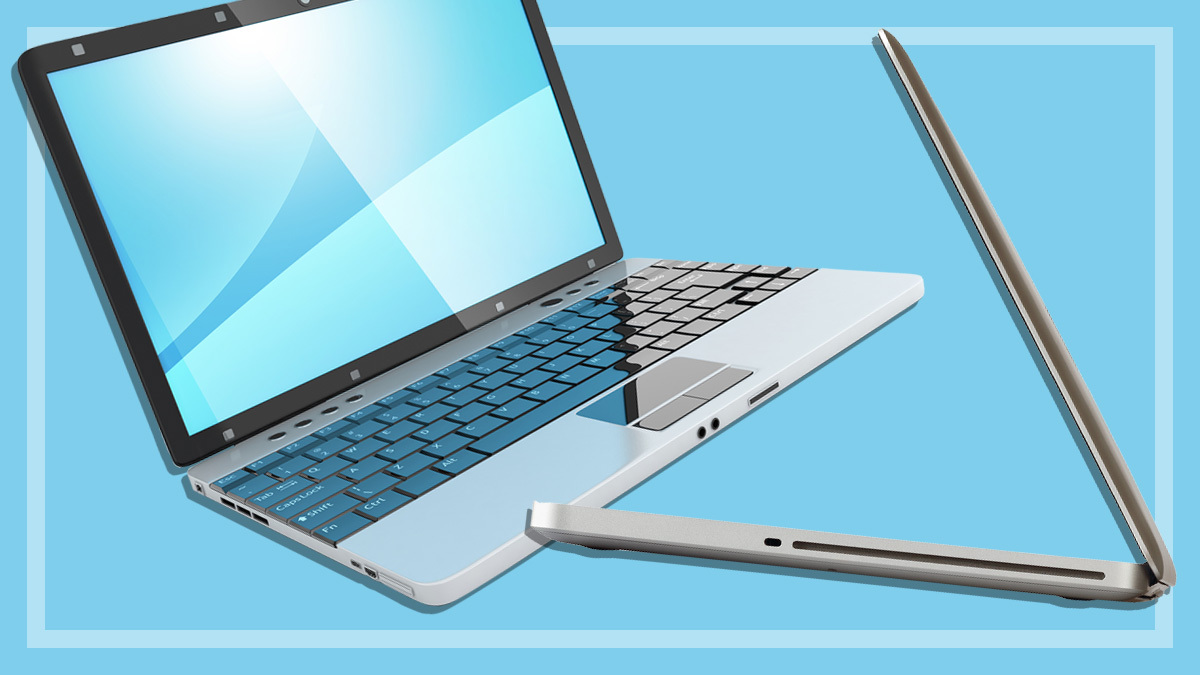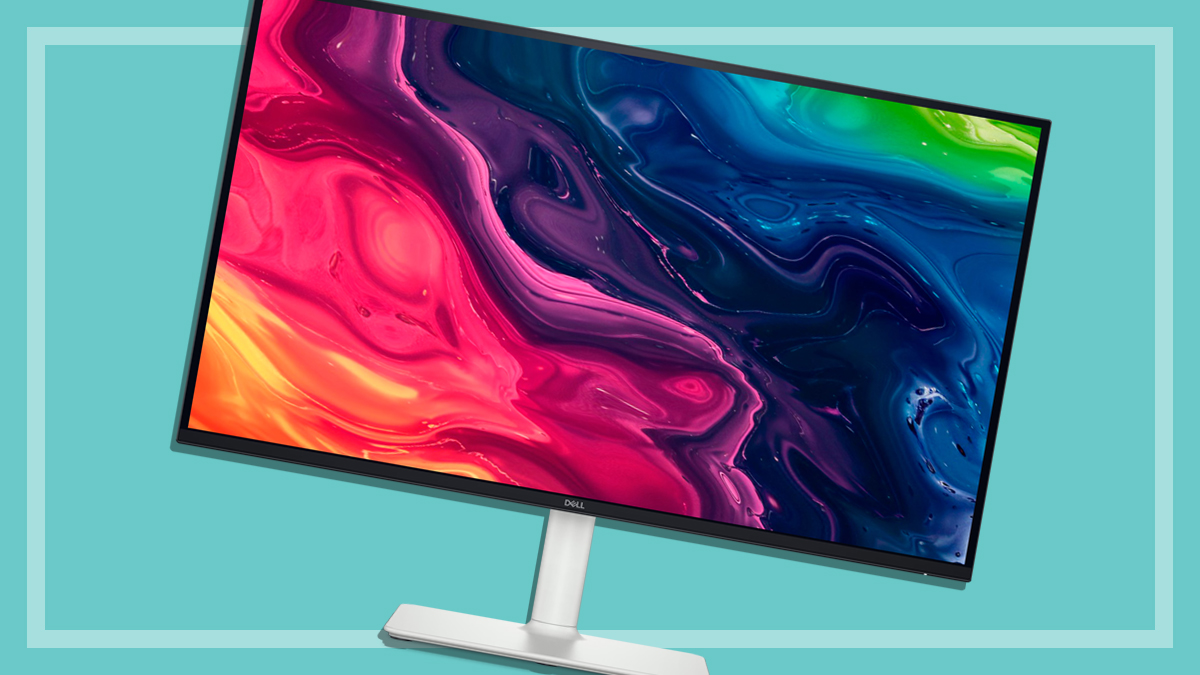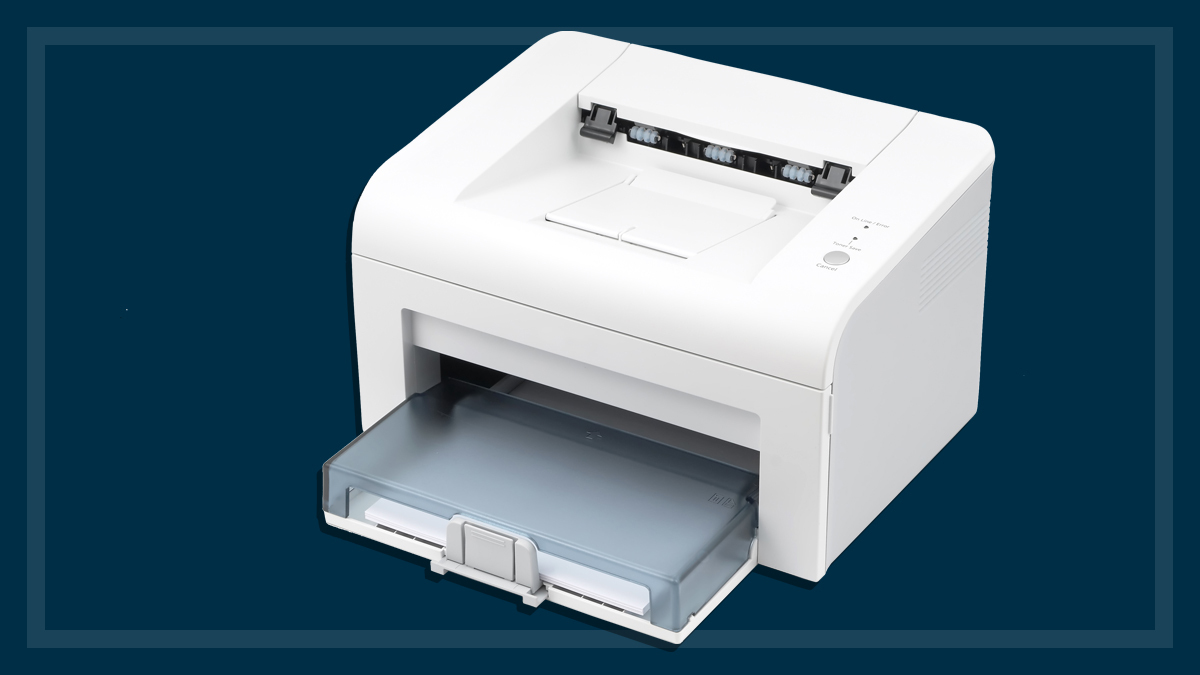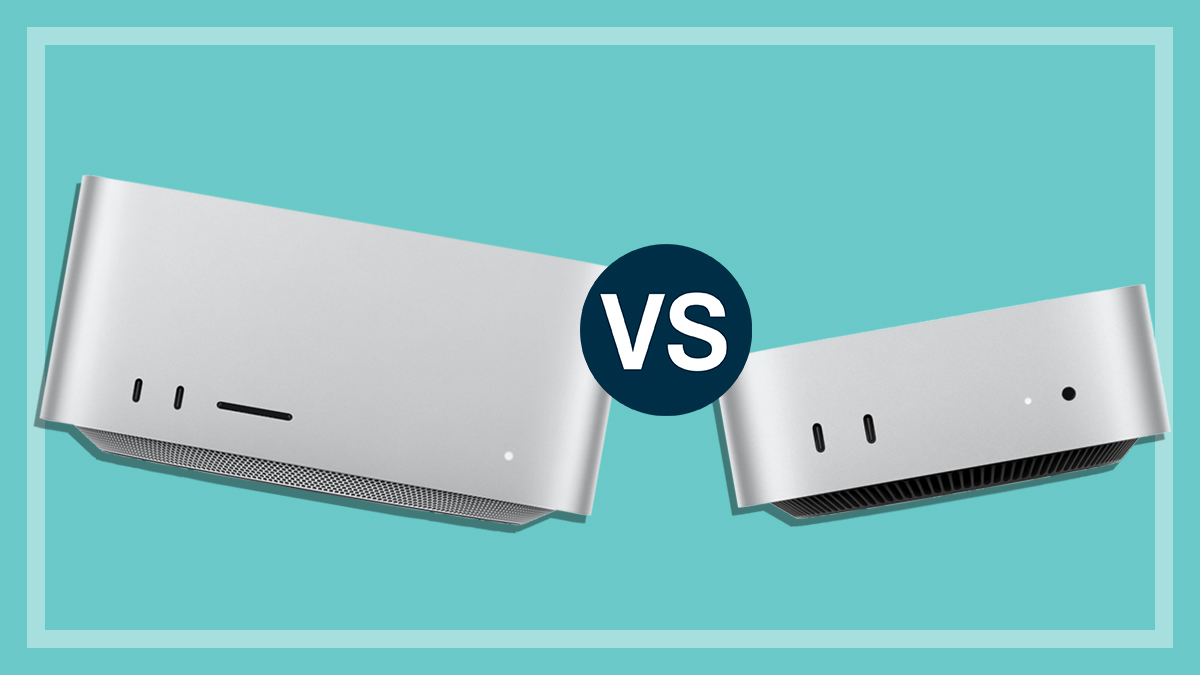Get our independent lab tests, expert reviews and honest advice.
How to set up a home office for less
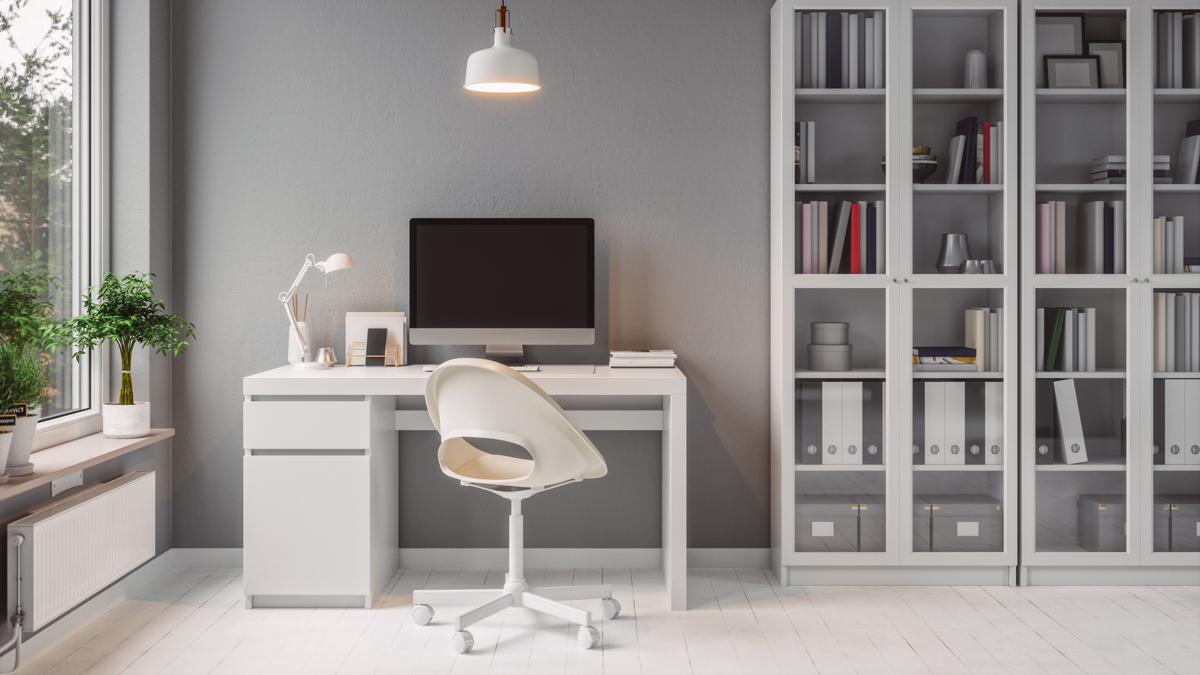
They say you have to spend money to make money, and in the case of setting up an office to work from home, that’s certainly true. If you want to make your first million from your home office but you’re on a budget, don’t despair: there are ways to minimise your spend.
On this page:
- Best broadband providers
- Do you really need a new computer?
- Buying superseded or second-hand
- What not to skimp on
- Saving on accessories
- Best home office products on a budget
Our experts share their tips on what to consider when buying for your home office. Plus, for CHOICE members, we’ll reveal the more affordable products that aced our tests.
Best broadband providers
Unless you’re working with a typewriter and carrier pigeon, you’ll need a solid internet connection to work from home.
These are the internet service providers (ISPs) that have the best upload and download speeds, as well as latency, on the NBN.
These ISPs all received a CHOICE Expert Rating of 97%:
- Aussie Broadband 100/20 Mbps Fibre to the Premises
- Aussie Broadband 50/20 Mbps Fibre to the Premises
- Exetel 50/20 Mbps Fibre to the Premises
- Optus 100/40 Mbps Fibre to the Premises
- Telstra 25/5 Mbps Fibre to the Node
- Telstra 50/20 Mbps Fibre to the Curb
- Telstra 50/20 Mbps Fibre to the Premises.
We recommend plans based on performance scores of 93% or more, which means that the broadband provider is delivering as close to advertised speed as possible.
There are 24 ISPs we recommend. To see them all, check out our broadband provider performance reviews.
Do you really need a new computer?
Replacing your laptop or computer is no small financial undertaking. If yours doesn’t seem to be as fast as it once was, you don’t necessarily need to assume it should be replaced.
“Instead of upgrading a slow laptop or computer, it’s a good idea to completely factory reset it first,” says CHOICE computer expert Alex Angove-Plumb.
“It’s a bit of a pain, but with Windows 10 and 11 it’s easier than it’s ever been. It can solve a lot of issues with poor performance and save you having to spend $1000-plus on a new PC.”
Just make sure you back up important files and programs first so you don’t lose them.

Buying superseded or second-hand
Yes, technology moves fast and things become outdated quickly, but do you really need the best money can buy if you’re only doing basic admin tasks?
Here are our tips for buying older or second-hand tech gear:
- Preferably buy from a reputable dealer to avoid getting ripped off, or look for refurbished products direct from the manufacturer, as these can save you a decent amount but may even come with a new-device warranty.
- Buying second-hand can save you money and help reduce e-waste, but do your research first to get to know the product you’re after, and what possible problems to look for, as well as getting a good idea of pricing.
- Be careful comparing specifications, such as processor and graphics speed, memory and storage capacity, as these will vary across models.
- With battery-powered devices, take the age of the unit into account, as the battery may not be in good condition, which can be a deal-breaker.
- Timing can be crucial to getting a bargain. Look for discount specials on existing models just after the new model is released.
CHOICE tip: Our laptop reviews give you the option of including models that are now discontinued, helping you compare laptops that you may be able to buy refurbished or second-hand.
What not to skimp on
If you’re putting in big hours at the home office, you’re going to be spending a lot of time face-to-face with your computer – so you want to make sure it meets your needs.
“If you need to buy a monitor, don’t just buy the cheapest,” says CHOICE electronics expert Elias Plastiras.
“You’re going to be looking at it all day, so it needs to be easy on the eyes and have good viewing angle, clarity and luminance. You might also need a swivel stand too.
“The same thing goes for a laptop: if it’s something you use every day and comfort is a factor, don’t just go for the cheapest.”
Don’t forget to consider what size you need and, if you want a large viewing area, think about whether two monitors is the best option or one large one.
“In a pinch, an adjustable tablet stand can help you use your existing tablet as an extra display monitor,” says CHOICE computer expert Steve Duncombe. “Get one that can hold the tablet up at the right height next to your main screen to avoid neck and eye strain.”
Why you shouldn’t compromise on furniture
Remember when you were 20 years-old and could sleep upright on your friend’s sofa with a broken spring sticking in your back for four hours and be fresh as a daisy the next day?
And how from the age of 40, even reaching for the remote control at the wrong angle can send you reaching for the heat pack and begging your physio for a last-minute appointment?
Once you get to a certain age, ergonomics become important
Setting up your home office is similar. You may have winged your way through university perching on top of a milk crate while balancing your laptop on the sofa without any problems, but once you get to a certain age, ergonomics become important.
“Buying el-cheapo office equipment can be a false economy, as you might soon have to replace it – or pay the penalty in injuries,” says Duncombe.
“Without going over the top, you want to find gear that fits you properly (and your body specifically) and is of high enough quality to endure the amount of use you’ll put it through without degrading.”
Investing in things such as footrests, wrist supports and monitor stands can make a huge difference to your body
In short, anything you’re going to be interacting with for the bulk of your working day needs to be up to scratch. So your needs are going to be quite different if you’re on Zoom calls all day rather than huddled over the computer, typing up handwritten notes, for instance.
Investing in things such as footrests, wrist supports and monitor stands can make a huge difference to your body. And it’s hard to be productive when you’re in pain, so it’s worth the effort in more ways than one.
Saving on accessories
If you want to make your home office as comfortable as possible, it might be tempting to trick it out with everything on the market. But it’s worth asking yourself: do I really need it?
Some accessories are imperative, but others are definitely optional.
1. Webcam
If you’re doing a lot of video meetings, then a good-quality webcam can often be better than what is built into your laptop.
But if you’re trying to save money or just don’t want to buy more equipment, Duncombe has a great tip: “A possible money-saver that will give you better quality is to use your smartphone as a webcam. Various apps will let you do this. Many smartphones have excellent cameras – even better in many cases than a dedicated webcam.”
2. Headset
If you’re stuck in back-to-back video calls, or you’re working from home with your spouse, housemate, or small children, you might be considering buying a headset. But can you get by without one?
“If you’re doing a lot of video meetings, a headset’s sound quality is better than using the speakers and microphone built into your laptop – and it’ll avoid disturbing others,” says Duncombe.
“But you might also be able to get by just fine with a pair of good earbuds, which you probably already use for listening to music and making phone calls.”
3. Mesh networks
Wi-Fi black spots (where the connection is poor) around the house can make working from home all but impossible. If you can only get decent Wi-Fi standing on one leg in the bathroom, it might be time to consider a mesh network.
If you’re working to a tight budget, a mesh network is a good option, as you can start small and expand it further if you need to. Even a two-node mesh system will get you started, and you can easily expand it later if you need to – by just adding extra nodes.
If you’re working to a tight budget, a mesh network is a good option as you can start small and expand it further if you need to
“Mesh systems are designed to be easy to set up by just about anybody, simply by using an app on your phone – they’re probably easier in many cases than setting up a single ‘traditional’ non-mesh wireless router,” says Duncombe.
“Some mesh kits also have a smart home hub built into them.”
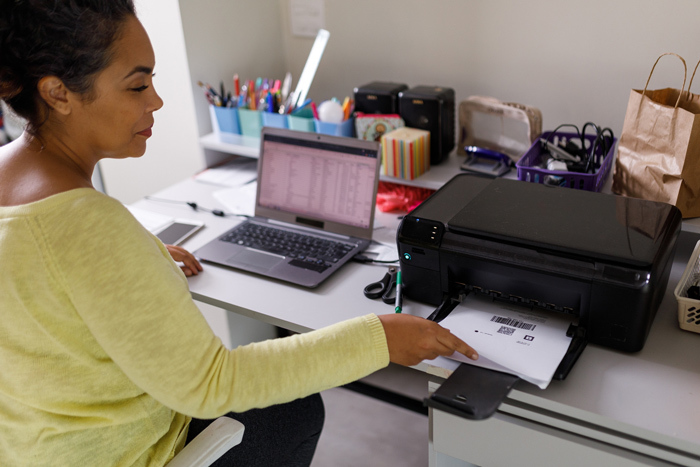
4. Printer
Ask yourself whether you actually even need a printer at all. We live in a mostly paperless world, and if you live near an Officeworks or public library, it can be cheaper to just print there than buy a printer for home.
If you do decide you need a printer, don’t just look at the upfront cost: there’s more to a printer’s cost than the number on the docket. Make sure you factor in the yearly ink and toner costs – they can sometimes add up to more than the initial purchase price.
If you print a lot, it’s worth considering an ink-tank printer – it costs much less per page to print, and it’s better for the environment
Our expert printer reviews include yearly ink and toner costs, plus the cost per text page, cost per graphics page, cost per photo page and the total cost for in the first year and over three years – so you can calculate exactly how much a printer will cost you, rather than getting a nasty surprise when it’s time to replace the ink cartridge.
If you print a lot, it’s worth considering an ink-tank printer – it costs much less per page to print, and it’s better for the environment, as you won’t need to dispose of printer cartridges each time they run out. They do cost more upfront, but when you’re paying somewhere in the region of just 0.6 cents a page to print, there are definite savings to be made in the long term.
Best home office products on a budget
Our in-house experts put hundreds of products through their paces every year. Our detailed reviews include information about each product’s performance, ease of use, features and more.
Only CHOICE members can access our detailed testing data. If you’re not yet a member, join CHOICE to get instant access to all of our expert, independent reviews, from laptops and TVs, printers and tablets, through to prams, mattresses, fridges, vacuums and more.
Or log in to unlock this article and find out which home office products score well in our testing but won’t break the bank.

